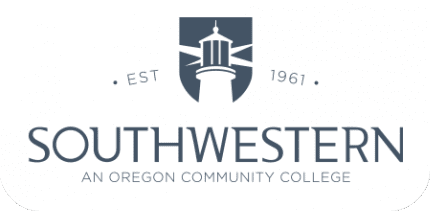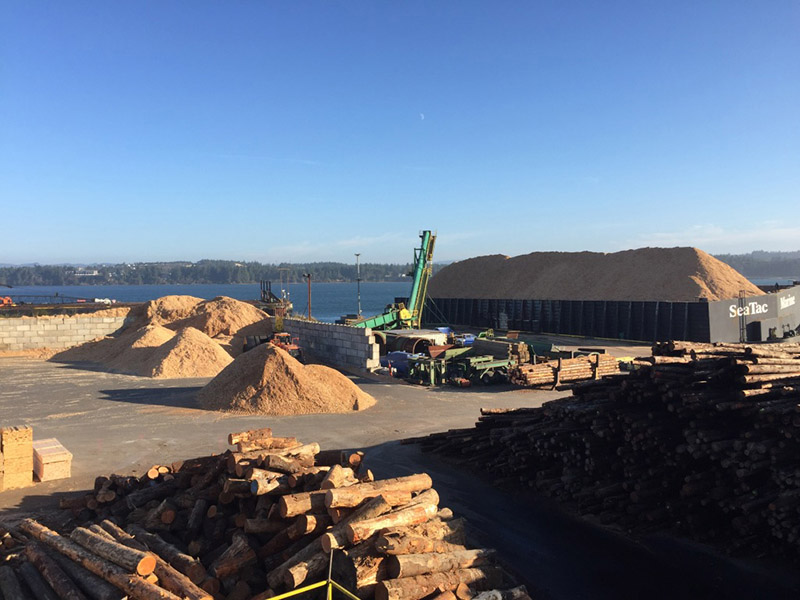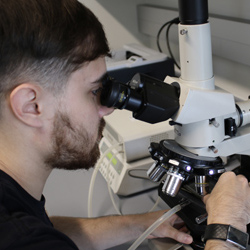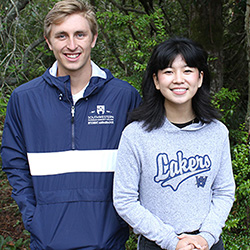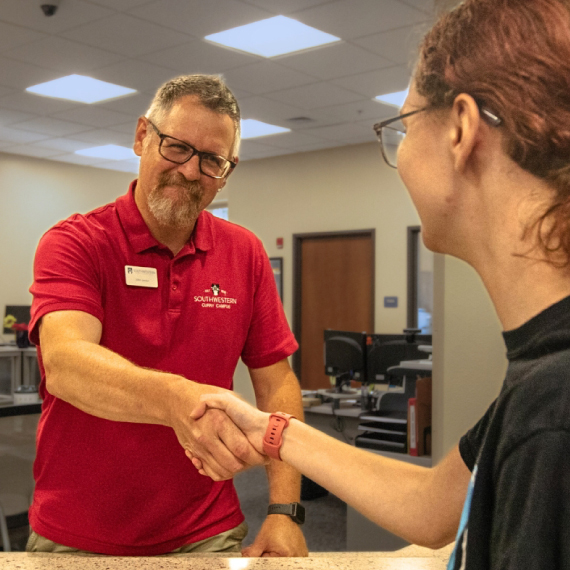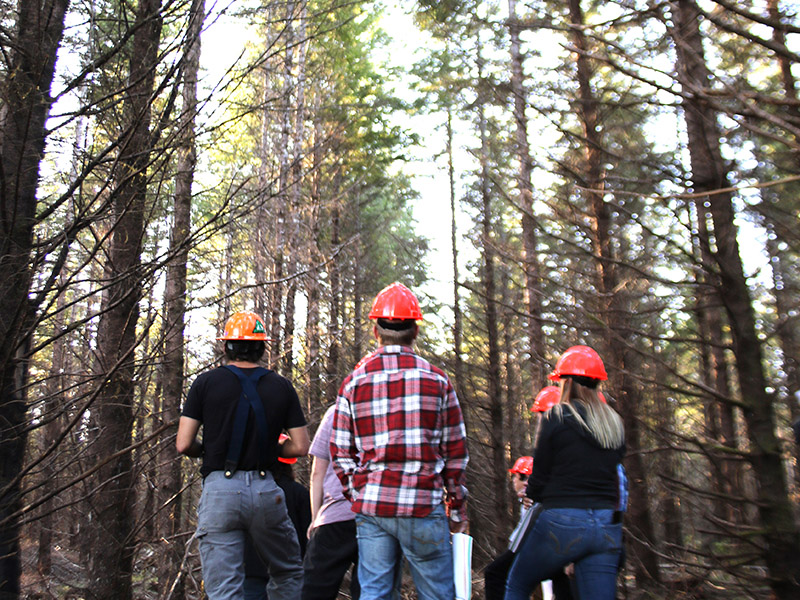
What does the future of Forestry look like?
Forest industry wants trained professionals
Why not do something you love and make a career out of it? Quinn Allen asked herself that question a couple years ago. She was doing fine with a 15-year career in the restaurant industry, but she was ready to try something new. Why not, right?

“I’ve always had a huge love for forests. I was born and raised in Oregon and I’m very proud of our forests,” she said.
Quinn lives in Port Orford, and thought about going to community college. She flipped through SWOCC’s certificate and degree options. A forestry certificate looked good. She leaped forward, knowing she could complete entry-level training in one year and keep working full-time.
Hands-on experience
At a small college, there are many opportunities to learn and get involved. Quinn took advantage of an internship with forestry instructor Tasha Livingstone to develop brochures for SWOCC’s forestry programs. She met with students considering the forestry program and made a presentation to eighth-graders. All the while, Tasha forwarded opportunities for internships and job shadowing to help Quinn succeed.
“Tasha was amazing. She did a great job adapting and rising to the challenge of what COVID presented,” Quinn said. “She was always there answering questions.”
Job connections
Most forestry companies want students with a four-year degree, but not everyone starts there. A networker, Quinn became involved in the Coos County Chapter for Oregon Women in Timber. She graduated in June and got a seasonal job with the Coquille Watershed Association as a weed technician.
While doing that work, she took a webinar and learned about Sudden Oak Death, a pathogen killing trees and bushes in Curry County. She got to talking with Oregon State University Extension Service staff, and mentioned there is nothing on social media about the problem. It was not long before Quinn was producing content for Extension staff to post to social media and creating an info-graphic on the issue for landowners.
About that networking? Through SWOCC, Quinn connected with Pro Forestry Consulting in Coos Bay and landed a job. She soon will be training to become a timber cruiser, her dream all along.
“I’m so much happier outside in the field, in the forest,” she said.
Quinn, who always seems to be smiling, takes that happiness home to her 6-year-old son, who “gets to see Mom happy.”
These days, she comes home from work tired, a good tired. She plans to stay involved with Oregon Women in Timber. And, this year she returned to one of SWOCC’s forestry classes as a guest speaker to encourage others to stay on the path to their careers in forestry.
“The forest industry does really need more people in it, up and coming people,” Quinn said.
– JOB STATS –
- $71, 325 – Average annual southwestern Oregon Forester wage
- $41,661 – Average annual Forest Technician wage
- 3.9% & 3.6% – Projected increase in Forester and Forest Tech jobs here
- 79 & 252 – Annual statewide Forester and Forest Tech job openings
